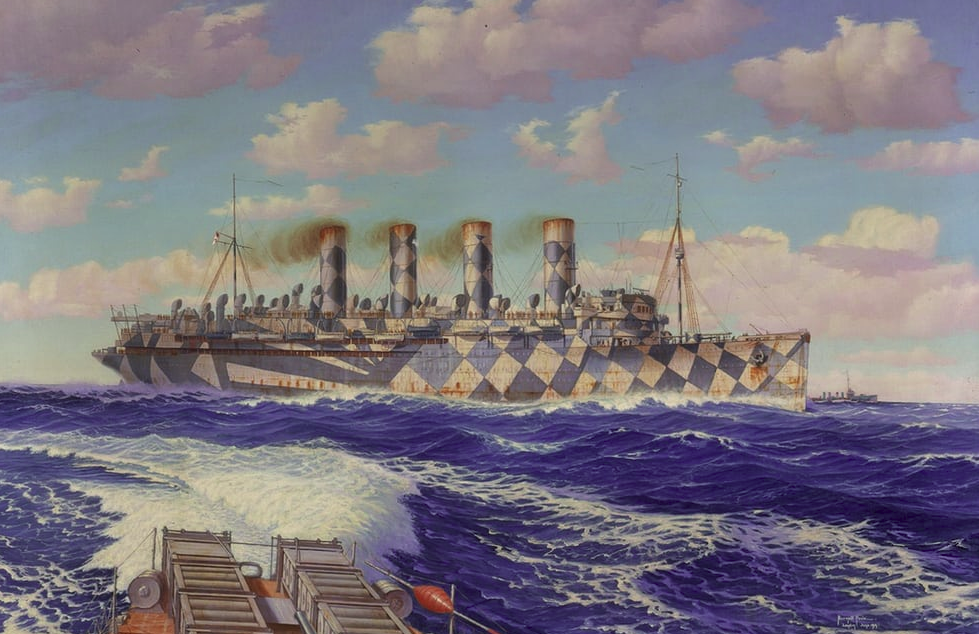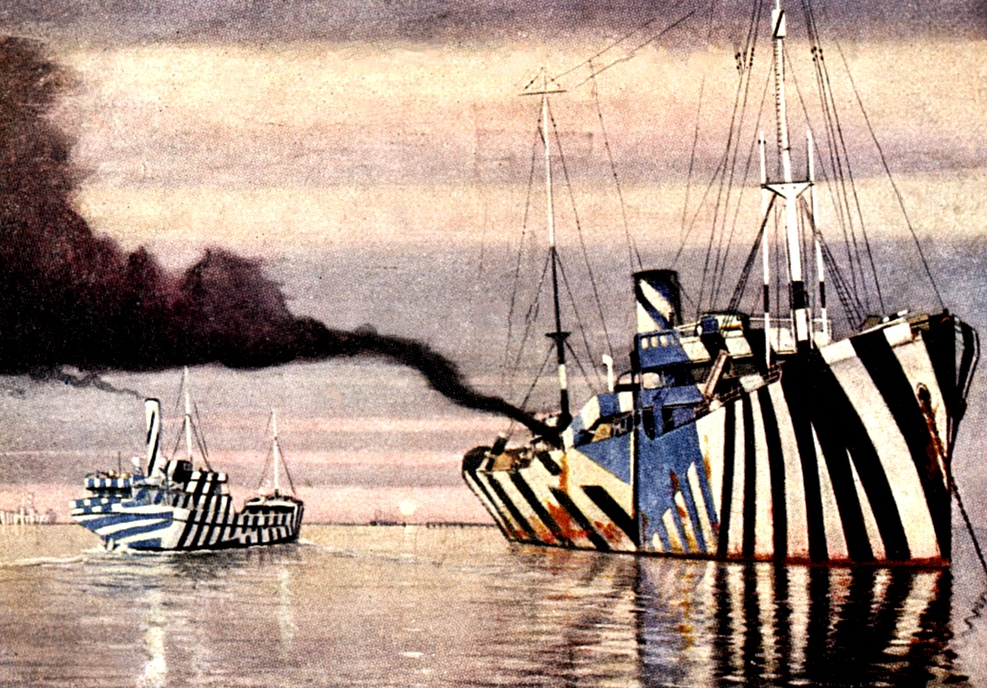23 August 2018
pagan
[pey-guh n]
noun
1. (no longer in technical use) one of a people or community observing a polytheistic religion, as the ancient Romans and Greeks.
2. a member of a religious, spiritual, or cultural community based on the worship of nature or the earth; a neopagan.
3. Disparaging and Offensive.
(in historical contexts) a person who is not a Christian, Jew, or Muslim; a heathen.
an irreligious or hedonistic person.
an uncivilized or unenlightened person.
adjective
4. of, relating to, or characteristic of pagans.
5. Disparaging and Offensive.
relating to the worship or worshipers of any religion that is neither Christian, Jewish, nor Muslim.
irreligious or hedonistic.
(of a person) uncivilized or unenlightened.
Origin of pagan
Middle English, Late Latin
1325-1375 Middle English < Medieval Latin, Late Latin pāgānus ‘worshiper of false gods’, orig. ‘civilian’ (i.e., not a soldier of Christ), Latin: ‘peasant’, noun use of pāgānus ‘rural, civilian’, derivative of pāgus ‘village, rural district’ (akin to pangere ‘to fix, make fast’); see -an
Related forms
paganish, adjective
paganishly, adverb
nonpagan, noun, adjective
nonpaganish, adjective
pseudopagan, adjective
Synonym Study
Heathen and pagan are primarily historical terms that were applied pejoratively, especially by people who were Christian, Jewish, or Muslim, to peoples who were not members of one of those three monotheistic religious groups. Heathen referred especially to the peoples and cultures of primitive or ancient tribes thought to harbor unenlightened, barbaric idol worshipers: heathen rites; heathen idols.
Pagan, although sometimes applied similarly to those tribes, was more often used to refer specifically to the ancient Greeks and Romans, who worshiped the multiple gods and goddesses said to dwell on Mount Olympus, such as Zeus and Athena (called Jupiter and Minerva by the Romans). The term was applied to their beliefs and culture as well: a pagan ritual; a pagan civilization.
Contemporary paganism, having evolved and expanded in Europe and North America since the 20th century, includes adherents of diverse groups that hold various beliefs, which may focus, for example, on the divinity of nature or of the planet Earth or which may be pantheistic or polytheistic. In modern English, heathen remains an offensive term, used to accuse someone of being unenlightened or irreligious; pagan, however, is increasingly a neutral description of certain existing and emerging religious movements.
Dictionary.com
Today’s quote
No man, for any considerable period, can wear one face to himself and another to the multitude, without finally getting bewildered as to which may be the true.
― Nathaniel Hawthorne
On this day
23 August 1305 – Sir William Wallace, leader of Scottish rebellion, executed for high treason in England.
23-24 August 1572 – St Bartholomew’s Day massacre. Part of the French Wars of Religion, the massacre was a undertaken against Huguenot Protestants by Catholics following the assassination of Admiral de Coligny by the Guises (Cardinal of Lorraine and his nephews). Two leading Huguenot princes, Henry of Navarre and his cousin, the Prince of Conde) were spared their lives by converting to Catholicism. French Catholic peasants attacked Protestants during August to October. The exact death toll is unknown and depends on who reports it. Catholics claim it was 2,000. Protestants claim it was 70,000.
23 August 1791 – St Domingue Slave Revolt – commencing 21 August, the slaves of St Domingue (now known as Haiti) revolted against the French colonial government, plunging the country into civil war. This revolt was the catalyst for the abolition of the transatlantic slave trade.
23 August 1948 – death of José Paronella. He was born on 26 February 1887 in Catalonia, northern Spain. In 1913, Paronella travelled to Innisfail, Queensland, to establish himself before bringing his fiance, Matilda, over to join him. Eleven years later he returned for her, only to find that she’d married someone else. José was determined to return to Australia with a wife, so proposed to Matilda’s younger sister, Margarita, and the couple travelled to Australia 12 months later. José purchased 5 hectares (13 acres) of land at Mena Creek where the couple commenced building their dream home, which ended up being a regal Catalan-style castle. They planted more than 7,000 trees around the property and in 1933, built North Queensland’s first hydro-electric plant to power the property. They built a 47 step stair case, tennis courts, a pavilion with turret-topped balconies, a movie theatre which they transformed into a ball-room with live bands that people from surrounding areas could enjoy for dances, a museum that housed collections of coins, pistols, dolls, timbers and keepsakes. He also excavated a tunnel through a small hill on the property. It was never completed, but he had intended on it becoming a ‘tunnel of love’. He and Margarita had two children. Margarita died in 1967. In 1979 the castle was ravaged by fire, leaving on the walls and turrets standing. In 1986, the park was further damaged from Cyclone Winifred. In 1993, the park was partially restored. The park again suffered damage in 2006 when Cyclone Larry struck. In 2009, the hydro-electric plant was rebuilt. Today, visitors can tour the grounds and walk through what would have been the ‘tunnel of love’, which is now inhabited by ghost bats. The property is heritage-listed and a fascinating and spectacular part of North Queensland’s history.
23 August 1946 – birth of Keith Moon, British musician, drummer for ‘The Who’. Died 7 September 1978.
23 August – International Day for the Remembrance of the Slave Trade and its Abolition. The United Nations chose this date as it is the anniversary of the St Domingue Slave Revolt.





